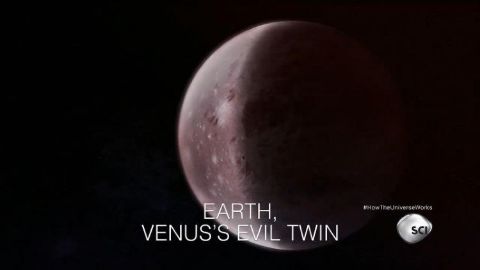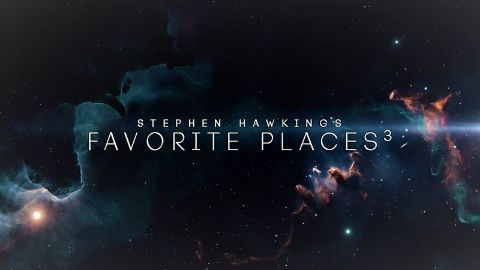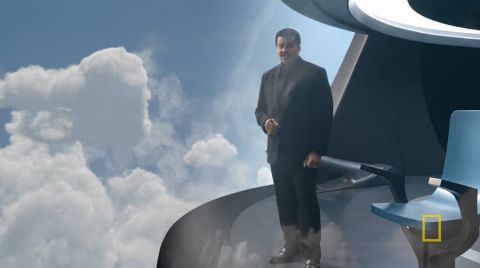Man Made Planet: Earth from Space • 2017
In 1972, the crew of Apollo 17 captured the iconic 'Blue Marble': the first photograph ever taken by an astronaut of the entire Earth. This photo had a profound effect on our perception of ourselves. Since then, Nasa has taken millions more. In this epic, powerful and revelatory documentary, a new generation of astronauts, including Tim Peake, use those images of the Earth from space to reveal the astonishing transformation humanity has wrought in the 45 years since 'Blue Marble'. Together, the astronauts provide an armchair tour of the change they've witnessed from orbit, as humankind etches our presence on the planet. Using stunning time-lapse sequences, the programme reveals how we are reshaping our world, for better and for worse: from the sprawling megacities of China to vast desert farms in the Middle East and from the melting snowcap of Kilimanjaro to giant solar arrays in Nevada.
Make a donation
Buy a brother a hot coffee? Or a cold beer?
Hope you're finding these documentaries fascinating and eye-opening. It's just me, working hard behind the scenes to bring you this enriching content.
Running and maintaining a website like this takes time and resources. That's why I'm reaching out to you. If you appreciate what I do and would like to support my efforts, would you consider "buying me a coffee"?
Donation addresses
BTC: bc1q8ldskxh4x9qnddhcrgcun8rtvddeldm2a07r2v
ETH: 0x5CCAAA1afc5c5D814129d99277dDb5A979672116
With your donation through , you can show your appreciation and help me keep this project going. Every contribution, no matter how small, makes a significant impact. It goes directly towards covering server costs.





